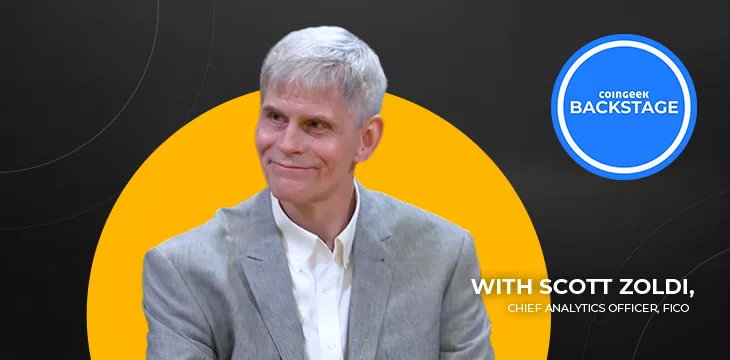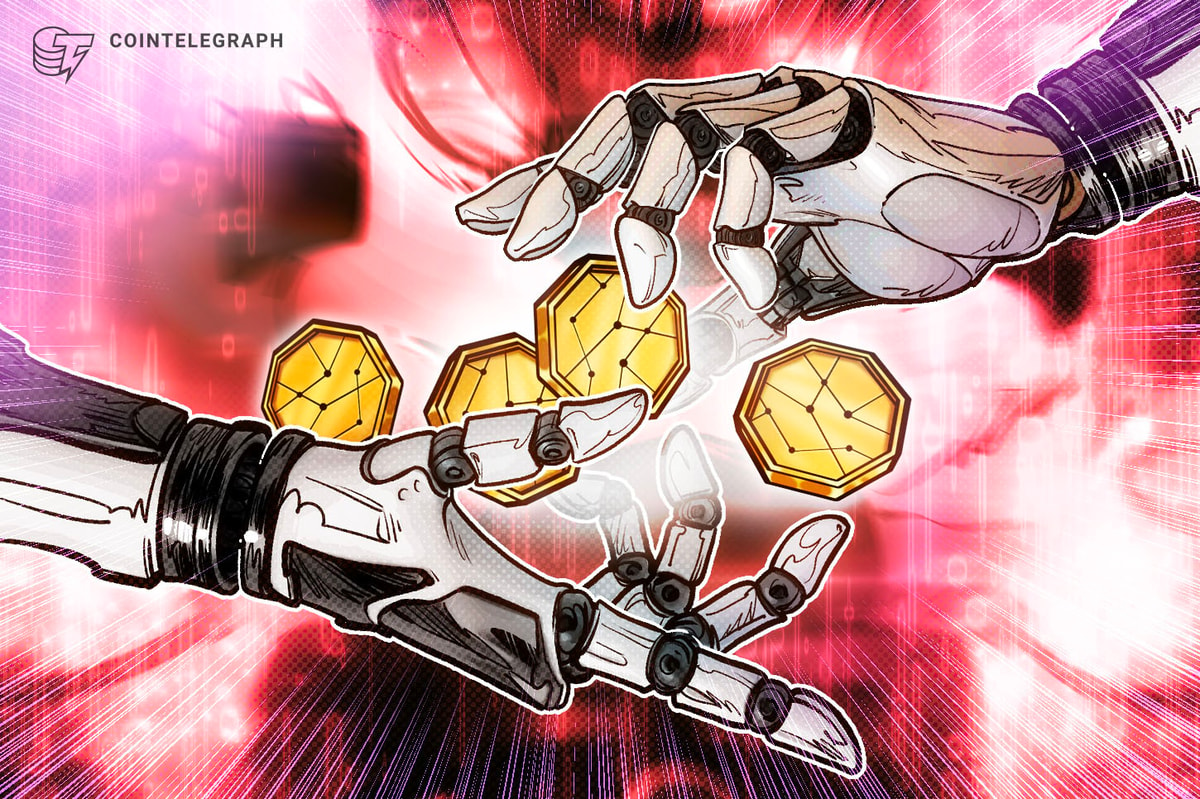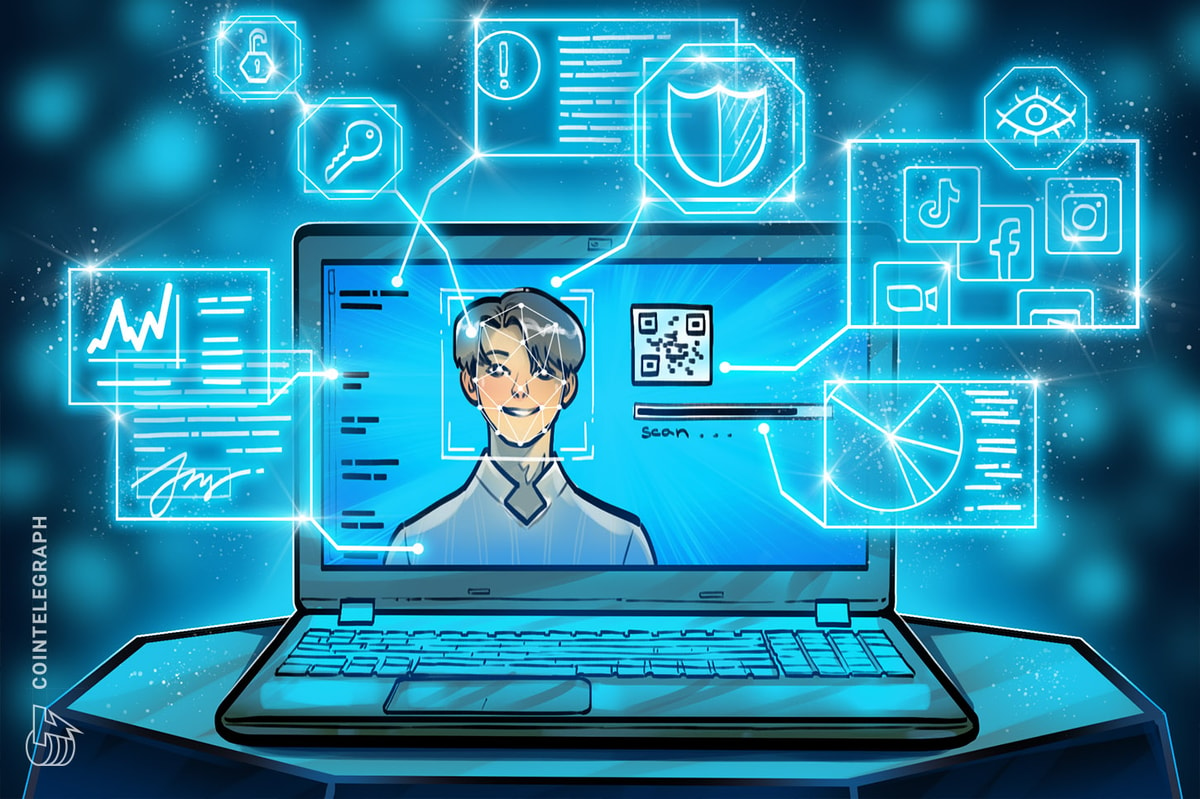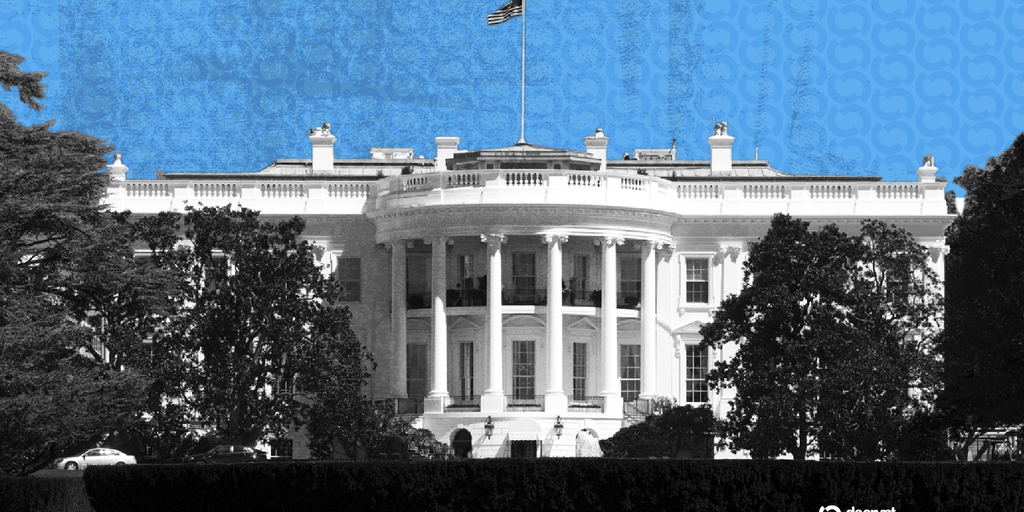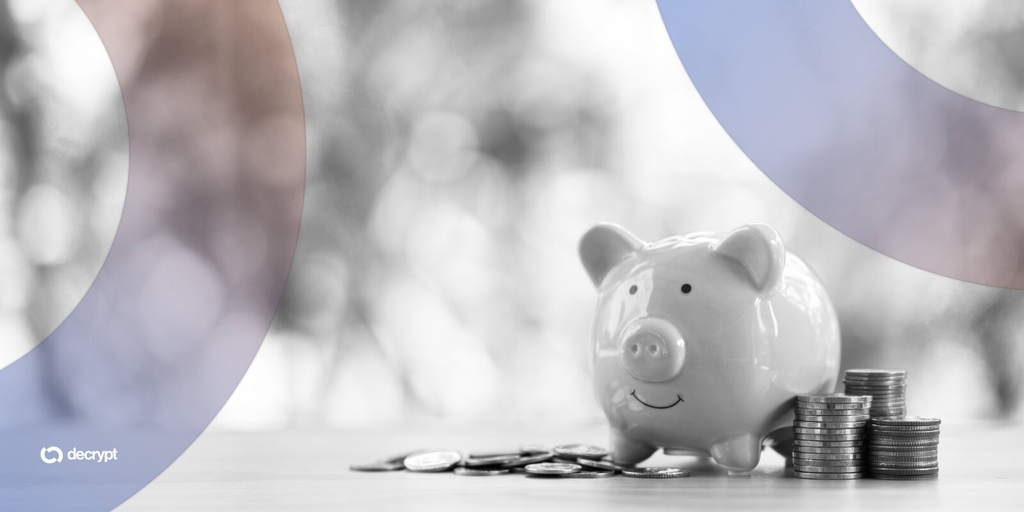Responsible AI and Blockchain: A Conversation with Dr. Scott Zoldi
At the London Blockchain Conference 2024, Dr. Scott Zoldi, Chief of Data Analytics at FICO, talked to CoinGeek Backstage reporter Jon Southurst about artificial intelligence (AI), blockchain, and how the two can work together to create better accountability.
Defining Responsible AI
Kicking things off, Southurst asks Zoldi to define responsible AI. He explains that these are models that can be trusted to make high-risk, critical decisions. In order to trust them, we must be able to audit and explain how they make decisions, and we must be able to share that with regulators and auditors.
Fundamental Principles
Fundamentally, Zoldi and FICO believe in a concept called “humans in the loop.” This means data scientists and AI engineers can check data points and their relationships, finding things like bias so that they can overrule or weed them out.
Role of Blockchain
Along with humans in the loop, blockchain technology will play a key role in creating the trust we need in AI models. Immutable records of decisions made by data scientists, auditors, and others create a strong incentive to do things right.
Dealing with Bias
Expanding on the topic of data bias, Zoldi recognizes that both data and society at large are biased. AI models can explore all sorts of deeper relationships between data points, such as relationships between types of housing and certain races, for example.
Addressing Biases in Data Scientists
How do we deal with the biases of data scientists and AI engineers themselves? Zoldi says model development standards are set by a roundtable and enforced by blockchain technology.
Enforcing Model Development Standards
All FICO models use this responsible AI model. Furthermore, since FICO sees it as so important, it’s available to the industry as a whole, Zoldi told CoinGeek Backstage.
Auditing Models and the Necessity of Humans
FICO uses the private Hyperledger Fabric blockchain. Southurst asks how someone outside the organization can audit this blockchain since it requires permission to access it.
Zoldi explains that people are authenticated and added as needed. For example, regulators can be added to check that the rules around responsible AI models are being followed. This is the happy medium that allows for appropriate checks and balances while protecting FICO’s intellectual property (IP).
Role of Humans in AI Development
Will we ever get to the point where AI models build their own models with no humans involved? “Not on my watch,” Zoldi replies unequivocally. The ‘humans in the loop’ concept is central at FICO. Since trust in AI is low, we need to keep humans involved to mitigate bad decisions and increase that trust.
Building a World with Trusted AI
How can we build a world in which humans trust AI? Zoldi emphasizes safeguards, regulations, and companies seeing AI as a tool and building models responsibly. AI and blockchain paired together is the killer app, he says, and FICO already has it.
Conclusion
In conclusion, responsible AI and blockchain are crucial components in building a trustworthy and accountable AI ecosystem. FICO’s approach, with its focus on humans in the loop and the use of blockchain technology, provides a model for others to follow. By integrating enterprise blockchain systems into AI, companies can ensure data input quality and ownership, keep data safe, and guarantee the immutability of data.
FAQs
- What is responsible AI? Responsible AI refers to AI models that can be trusted to make high-risk, critical decisions, and can be audited and explained to regulators and auditors.
- What is the role of humans in AI development? Humans will continue to play a central role in AI development, particularly in areas where high-risk, critical decisions are made. The ‘humans in the loop’ concept ensures that AI models are designed and built with the input of data scientists and AI engineers.
- How do we address biases in data and AI models? Biases in data and AI models can be addressed by developing model development standards and enforcing them using blockchain technology. Regular auditing and explanation of AI decision-making processes can also help to mitigate bias.
- What is the significance of blockchain in AI development? Blockchain technology provides a secure and transparent way to store and manage data, ensuring the immutability of data and creating a strong incentive for responsible AI development.
- Can AI models build their own models without human involvement? According to Dr. Zoldi, this is unlikely to happen, as humans will continue to be essential in designing and building AI models, particularly in areas where high-risk, critical decisions are made.

